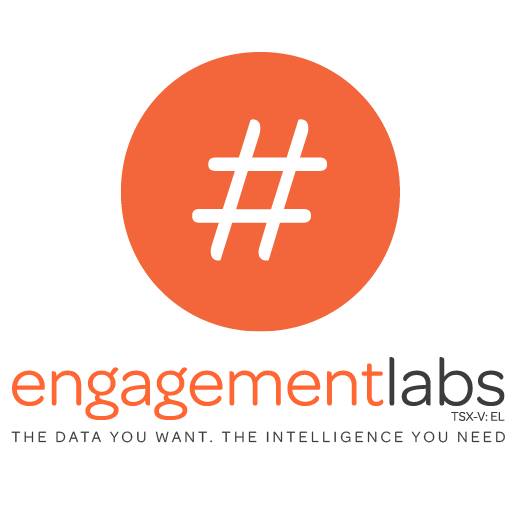When I first founded my tech startup, I did it without any technology knowledge. I’ve now firmly realized that this was a mistake—but perhaps in many ways a benefit, as I have been forced to learn the importance of coding, and design, and how it can frame one’s mind into thinking a certain rational way that will help not only with coding websites, but with how to consider and reflect on a whole host of problems, and communicate solutions to them effectively.
Here are five great resources I used along the way to help my journey along from being a total code novice to being able to understand and communicate web technology.
1- Bentobox.IO (full repository of links to different coding schools)
Bentobox is a comprehensive walkthrough on how to learn how to code multiple languages, and the fundamentals of the web. A great starting point to see where you should start if you don’t know anything at all about coding.
2- Hacker News (reddit-like technology subsection focused on startup enterpreneurs)
The virtual forum of the world-famous Y Combinator, I find it is a great resource for discussing with tech-minded individuals, and for seeing what’s going on in the technology space from people working on it every day. I guarantee that you’ll feel more at ease with technology and new ideas if you browse through it daily.
3- Hack Design (emails sent to your inbox full of design goodness)
When you think design, you might think of pretty pictures fitting together in beautiful ways, but it is so much more than that. Design is really placing yourself in the shoes of someone else and ensuring they have a great experience, instead of the experience you think they should have. Design is me saying this should help you, instead of me saying this helped me. For all of that good stuff, and pretty things falling together in pretty ways, check out Hack Design’s emails.
4- CodeAcademy (gamified version of learning how to code)
Get a handle on how to think like a coder, and how to build some projects, all while having fun! You’ll have a blast running through CodeAcademy, and it definitely will help you understand the common logic that unites most coding languages, and to get a handle on how to go about building your first projects.
5- JQuery’s user interface documentation (simple instructions and copy+paste on how to build in cool things into your web projects)
Are you past the point where you can scurry around HTML and CSS with no pain? Wondering how to go about doing the really cool things web developers do—those datepickers, and autofill fields? Did you ace the JQuery track of CodeAcademy?
Before you go off wandering too much into Javascript land, check out the JQuery user interface. JQuery is a simplified library of code that allows you to take certain common features of a website and replicate them without knowing too much about Javascript. It takes many lines of codes in Javascript, and turns it into one word you can play around with. Playing around with it will allow you to firmly get the principles behind front-end code, and will allow you to build cool projects quickly.
——————————————————————————-
Nothing beats trying to build your projects out and marshaling whatever resources you can to get that done, once you’ve finished all this. People often have a misguided notion of how hard this can be coming from a non-technical background. I graduated in business, and I can firmly tell you that I fundamentally believe that everybody can understand the basics behind the web—and that they should attempt to do so. Good luck on your journey!
PS: If you want a more-career oriented tech bootcamp that can get you into a UX design career, look no further than Springboard’s UX bootcamp.







